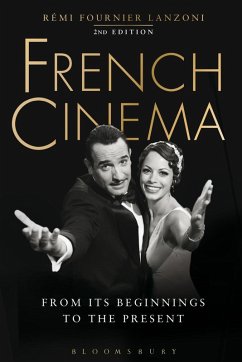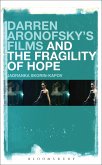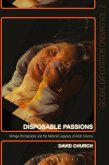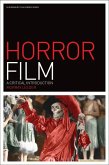To a large extent, the story of French filmmaking is the story of moviemaking. From the earliest flickering images of the late nineteenth century through the silent era, Surrealist influences, the Nazi Occupation, the glories of the New Wave, the rebirth of the industry in the 1990s with the exception culturelle, and the present, Rémi Lanzoni examines a considerable number of the world's most beloved films. Building upon his 2004 best-selling edition, the second edition of French Cinema maintains the chronological analysis, factual reliability, ease of use, and accessible prose, while at once concentrating more on the current generation of female directors, mainstream productions such as The Artist and The Intouchables, and the emergence of minority filmmakers (Beur cinema).
Rémi Fournier Lanzoni's French Cinema. From Its Beginnings to the Present had already established itself as the authoritative reader for anyone serious about teaching and studying French cinema. This second edition not only brings us up to date the significant French films produced since the beginning of the twenty first century but it also provides welcome and much needed sub chapters dealing with French women filmmakers, Beur cinema, and the recent international accomplishments of French cinema. Written in an engaging, jargon free, and reader friendly style, Lanzoni's book succeeds in connecting the history of French cinema to the history of France, its peoples, and its institutions. Alain-Philippe Durand, Professor of French and Director of the School of International Languages, Literatures, and Cultures, University of Arizona, USA









